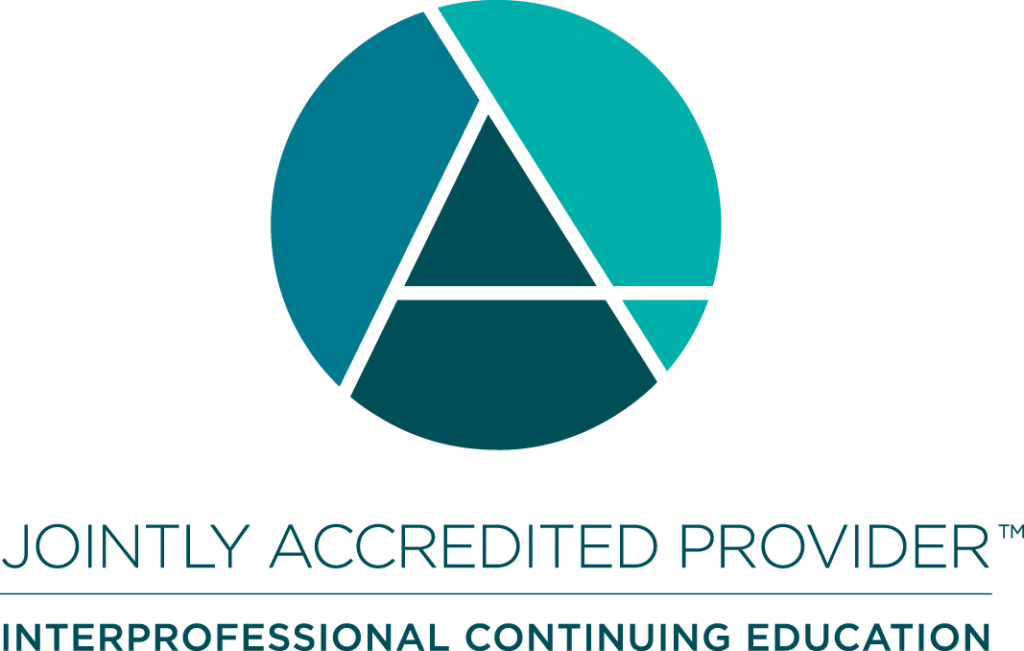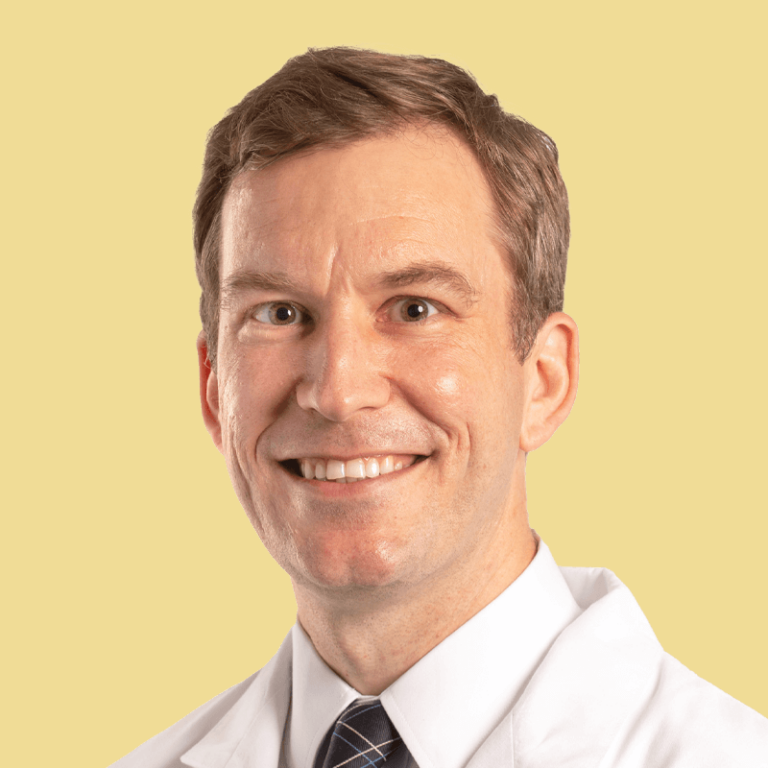Real-World Application of CGM Technology to Improve Diabetes Management in Primary Care
Do you feel confident in your ability to integrate continuous glucose monitoring (CGM) technology into clinical practice?
Apply your CGM knowledge and put your clinical decision-making and patient communication skills to the test with our real-world case studies!
Explore how best to utilize CGM to enhance diabetes management and optimize patient outcomes.
1.0 AMA PRA Category 1 Credits™ available (look for the badge)
Interested in learning more? Listen to Dr. Joseph Henske as he discusses the activities and goals of this CME program.
Learning Objectives
Following completion of this independent educational program, you will be able to:
- Identify patients who are appropriate candidates for CGM devices
- Compare available CGM technologies based on individual patient characteristics
- Adapt clinical decision making by using patients’ CGM device readouts
- Apply shared decision-making tools when evaluating barriers to CGM usage and adherence
- Modify patient education techniques for utilization in time-limited primary care appointments
About the Program
This comprehensive educational program includes CME-accredited interactive case studies that focus on clinical reasoning and decision-making skills, and patient communication and education. In addition, the CME-accredited patient-provider interview showcases optimal shared decision-making techniques to guide patient care with CGM devices.
Target Audience
This program is aimed at US-based primary care physicians (PCPs) who are looking to improve their knowledge and skills in CGM technology for patients with T2D.
Program Activities
Put your clinical decision-making skills to the test in our interactive case studies that examine crucial factors for incorporating CGMs into a patient-centric approach to manage diabetes.
- Earn up to 0.75 AMA PRA Category 1 Credits™
Join the conversation between our diabetes expert and a patient living with diabetes, as they provide guidance on how to improve communication on managing diabetes with a CGM.
- Earn up to 0.25 AMA PRA Category 1 Credits™
Discover insights from our experts on the most pressing questions from learners!
Learning Objectives
Following completion of this independent educational program, you will be able to:
- Identify patients who are appropriate candidates for CGM devices
- Compare available CGM technologies based on individual patient characteristics
- Adapt clinical decision making by using patients’ CGM device readouts
- Apply shared decision-making tools when evaluating barriers to CGM usage and adherence
- Modify patient education techniques for utilization in time-limited primary care appointments
About the Program
This comprehensive educational program includes CME-accredited interactive case studies that focus on clinical reasoning and decision-making skills, and patient communication and education. In addition, the CME-accredited patient-provider interview showcases optimal shared decision-making techniques to guide patient care with CGM devices.
Target Audience
This program is aimed at US-based primary care physicians (PCPs) who are looking to improve their knowledge and skills in CGM technology for patients with T2D.
Meet the Faculty
Faculty Member
Tulane University School of Medicine
New Orleans, LA
United States
Accreditation

In support of improving patient care, this program has been planned and implemented by the Postgraduate Institute for Medicine and Springer Healthcare IME. The Postgraduate Institute for Medicine is jointly accredited by the Accreditation Council for Continuing Medical Education (ACCME), the Accreditation Council for Pharmacy Education (ACPE), and the American Nurses Credentialing Center (ANCC) to provide continuing education for the healthcare team.
The Postgraduate Institute for Medicine designates this enduring material for a maximum of 1.0 AMA PRA Category 1 Credit(s)™. Physicians should claim only the credit commensurate with the extent of their participation in the program.

Planning Committee
In addition to the expert faculty, the Postgraduate Institute for Medicine and Springer Healthcare IME planners and staff include Holly Keatts, Judith Mitchek, Maria Glukhovsky, Elizabeth Samander, Alessandra Geffner-Smith, Jennifer Jett, and Kristen Rogers. The Planning Committee has no financial relationships to disclose.
All relevant financial relationships of the faculty have been mitigated.








